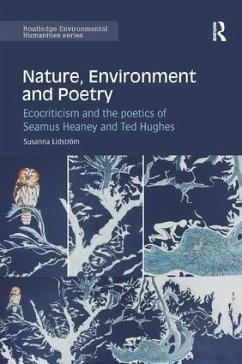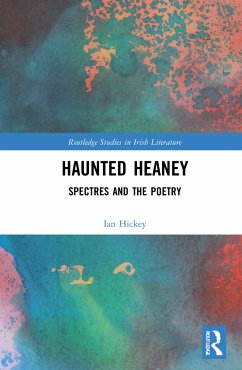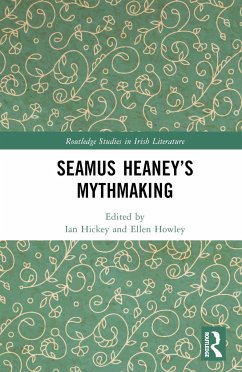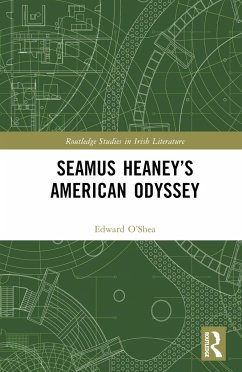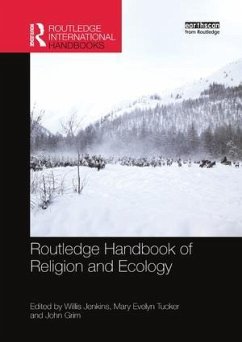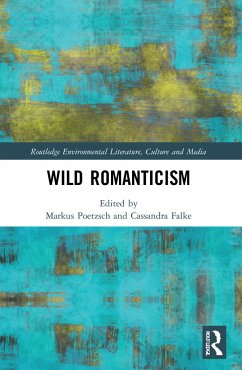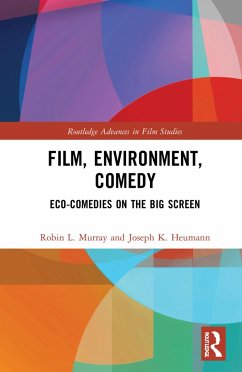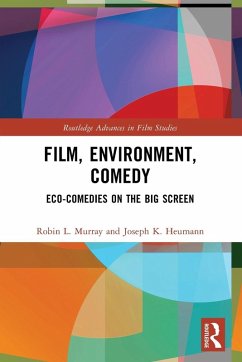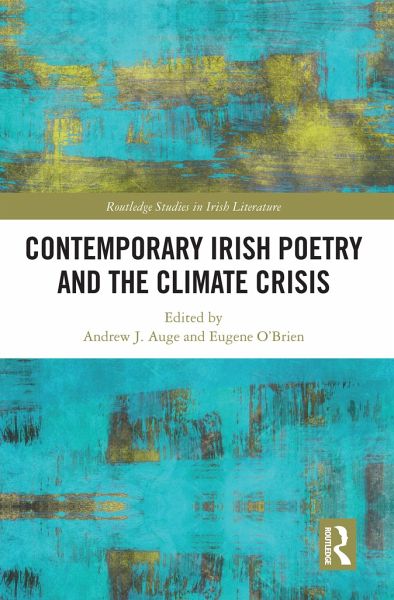
Contemporary Irish Poetry and the Climate Crisis
Versandkostenfrei!
Versandfertig in 6-10 Tagen
45,99 €
inkl. MwSt.

PAYBACK Punkte
23 °P sammeln!
Contemporary Irish Poetry and the Climate Crisis addresses what is arguably the most crucial issue of human history through the lens of late-twentieth and early twenty-first-century Irish poetry. The poets that it surveys range from familiar presences in the contemporary Irish literary canon - Seamus Heaney, Derek Mahon, Paula Meehan, Moya Cannon - to lesser-known figures, such as the experimental poet Maurice Scully, contemporary poets Stephen Sexton and Sean Hewitt, and the Irish-language poets Simon Ó Faoláin, Bríd Ní Mhóráin, and Máire Dinny Wren. Adopting a variety of ecotheoretica...
Contemporary Irish Poetry and the Climate Crisis addresses what is arguably the most crucial issue of human history through the lens of late-twentieth and early twenty-first-century Irish poetry. The poets that it surveys range from familiar presences in the contemporary Irish literary canon - Seamus Heaney, Derek Mahon, Paula Meehan, Moya Cannon - to lesser-known figures, such as the experimental poet Maurice Scully, contemporary poets Stephen Sexton and Sean Hewitt, and the Irish-language poets Simon Ó Faoláin, Bríd Ní Mhóráin, and Máire Dinny Wren. Adopting a variety of ecotheoretical approaches, the essays gathered here address several interrelated themes crucial to the climate crisis: the way in which the scalar scope of climate change interweaves local and global, distant past and imminent future, nature and culture; the critical importance of acknowledging the complex kinship of the human and nonhuman; and the necessity of warning against the devastating environmental losses to come while mourning those that already occurred. Ultimately, by envisioning new ways of existing on an earth that humans no longer dominate, this book engages in what the philosopher Jonathan Lear refers to as a process of 'radical anticipation'.





